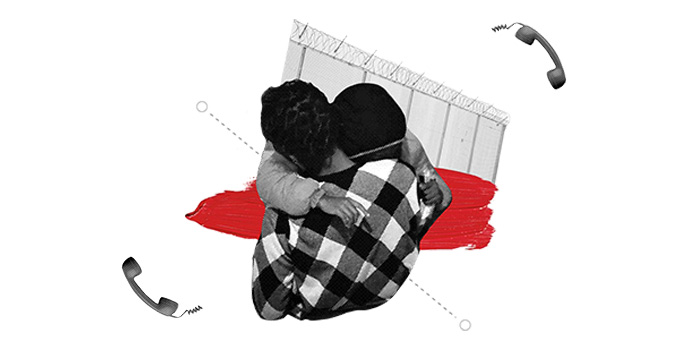
Buquer, et al. v. City of Indianapolis
What's at Stake
On May 25, 2011 the American Civil Liberties Union of Indiana, the ACLU’s Immigrants’ Rights Project, and the National Immigration Law Center (NILC). filed a class action lawsuit challenging a discriminatory Indiana law inspired by Arizona’s notorious SB 1070. According to the lawsuit, the law unlawfully authorizes police to make warrantless arrests of individuals based on assumed immigration status and criminalizes the mere use or acceptance of the commonly used consular ID card. The groups charged that the law would lead to racial profiling and trample upon the rights of all Indiana residents in violation of the U.S. Constitution.
Summary
The lawsuit charges that the Indiana law is unconstitutional in that it unlawfully interferes with federal power and authority over immigration matters in violation of the Supremacy Clause of the U.S. Constitution and authorizes unreasonable seizures and arrests in violation of the Fourth Amendment.
The lawsuit was filed in the U.S. District Court for the Southern District of Indiana on behalf of three individual plaintiffs who would be subject to harassment or arrest under the law. Some state lawmakers opposed the extreme law at the time it was passed, saying it would increase law enforcement costs and deter both employers and employees from coming to the state. Indiana University also expressed concerns that the law would discourage enrollment and academic participation, noting that the institution hosts thousands of foreign national students, faculty members and visitors each school year.
The court temporarily blocked key provisions of the law in June of 2011, just a month before it was scheduled to take effect. In November of that same year, the ACLU and partners filed a motion for summary judgment in the lawsuit, which was granted in March of 2013, when the court permanently enjoined key portions of the law.
Legal Documents
-
06/24/2011
Buquer, et al. v. City of Indianapolis - Order Granting Plaintiffs' Motion for Preliminary Injunction
Date Filed: 06/24/2011
Affiliate: Indiana
-
03/26/2015
Buquer, et al. v. City of Indianapolis - Complaint
Date Filed: 03/26/2015
Affiliate: Indiana
Press Releases
Court Blocks Implementation of Discriminatory Anti-Immigrant Law in Indiana
ACLU and NILC File Lawsuit Challenging Indiana’s Draconian Anti-Immigrant Law